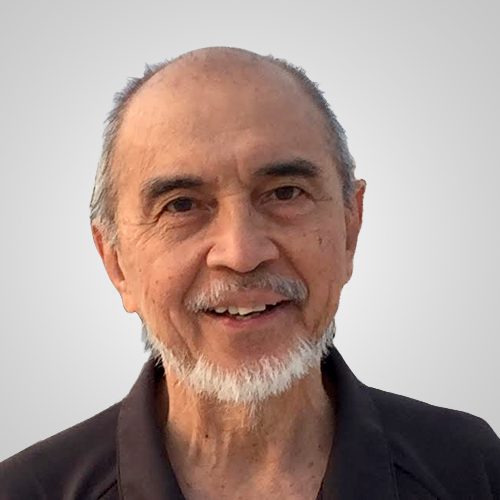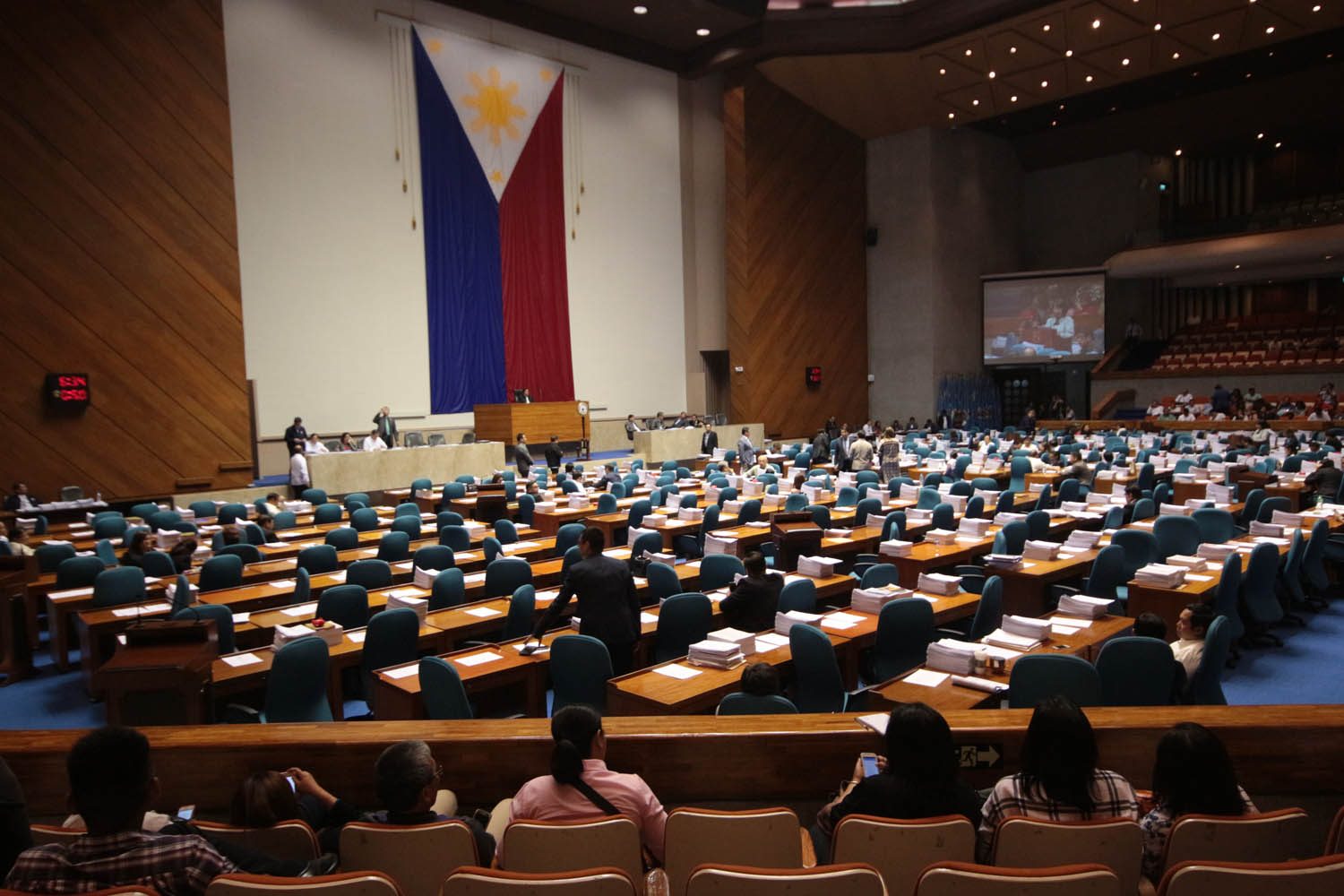SUMMARY
This is AI generated summarization, which may have errors. For context, always refer to the full article.

One hundred nineteen. A majority of the members of the House of Representatives, numbering 119 voted to slash the budget of the Commission of Human Rights to a token thousand pesos.
Get serious! It may be later than we think.
In a time when the human rights of our people are front and center of the concerns of the most vulnerable communities in our country, the majority in the House of Representatives decides in effect to demolish, a constitutional body tasked to promote and protect the human rights of all (not just the civil and political rights but the economic, social and cultural rights of our people, as originally intended in our basic charter).
The 119 legislators wanted to send a clear message: you can only survive, if you keep your peace; you can do your job, only at your own peril. Though there are other steps that can be taken to overturn their hasty and vindictive action, their action already has a chilling effect. They have sent a signal so strong that it is couched in pesos and centavos: their intent is to weaken, if not suggest the virtual abolition of, a constitutional body mandated to protect the human rights of vulnerable citizens against the abuses of the state as well as non-state actors.
At this particular juncture, its intent is to silence critical voices that point out the excesses of the policies of State in the execution of its “war on drugs”. Its method, however, merely exposes the legislature’s arrogance by demonstrating that by its sheer numbers they can do as they please and shut down the work of one of the few remaining independent bodies that could remind government authorities, public officials and the enforcers of the law, of their sacred responsibility to protect the human rights of all citizens, regardless of political affiliation, social standing, religious, or ethnic background.
Adding insult to injury, the leader of the 119 then turns around and says that the CHR’s budget can be restored if its chair, Chito Gascon, resigns – meaning to say that the threat of legislative blackmail is delivered to a vocal and consistent voice for human rights. It is a modern-day version of a Damocles sword to hang over the head of an institution so that henceforth you walk on eggshells.
Remember what’s in the heart of our 1987 Constitution
I am one of the few surviving framers of the 1987 Constitution, and one of two principal authors of the creation of the Commission on Human Rights.
I have always believed that the heart of our Constitution is the Article on Social Justice and Human Rights (Art. XIII). The context of the drafting of the Charter was the aftermath of the people power experience which brought down a despicable dictatorship. Our people took risks to end tyrannical rule which trampled the rights of our people, destroyed our democratic institutions and drained our resources by putting into the hands of a few the wealth created by hard work of the many.
The principal reason why the Commission on Human Rights was created was to ensure that an independent body existed not only to protect the rights of the aggrieved and the vulnerable, but to monitor the abuses of the authorities of State, to call them out, to propose remedies and to bring to the proper venues the cases that merited robust action.
If our dedication to human rights was to be real, then an institution was required to ensure the country’s compliance with those rights – the right to life, the right not to be tortured, the right not to be detained arbitrarily, the right to a fair trial, the right to exercise our responsibilities as citizens of a free country.
I recognize that the CHR is an imperfect institution, and just as politics is the art of imperfect creation, the CHR is an ongoing project that needs continual support and re-invention. It is work in progress that people power began but which needs a regular dose of constant citizens’ courage. It can only work if it practices a brave brand of action – no matter which party or which president is in power. In a sense, it is an institution that must have the temerity to say, “The emperor has no clothes!” if that indeed is the reality.
119 reasons that constitute early warning!
However, each cloud has its silver lining. What has taken place in full glare of the media is instructive for the future. Now, we know better.

There indeed are 119 reasons why this present Congress should not be allowed to convene as a constitutional body tasked to do the final draft of the basic charter, once a purported 25-member commission would have delivered a provisional draft.
This action taken by the lower house may in fact be the blessing in disguise we need: early warning signal to those wishing that we be “gifted” with a new Constitution by a Congress that may double as a Constituent Assembly. Do we really think that this Congress with a subservient majority can craft a Charter, independent and intelligent enough without bowing down to outside interests or powers?
Given their lack of understanding of the concept of the comprehensive character of human rights and the independent role of an institution charged with overseeing the protection of those rights, can this Congress be trusted with framing the next basic law of the land?
Call to citizen-courage
Citizen is one of the most enduring subjects in a democracy. Citizen is both a role and a responsibility. And, if citizens conspire to strengthen democratic space, to advance the practice of democratic debate and discussion, and mobilize to create change and constructive action, then that will be the true exercise of our power as a people. Fellow Citizens, there is nothing to fear, and all to gain if we regain our courage! – Rappler.com
The author is a framer of the 1987 Constitution, and was one of the principal authors in the creation of the Commission of Human Rights. He worked with Amnesty International, International Alert, and taught at both UP and the Ateneo. He now serves as consultant on formation at FEU-Diliman.
Add a comment
How does this make you feel?
There are no comments yet. Add your comment to start the conversation.